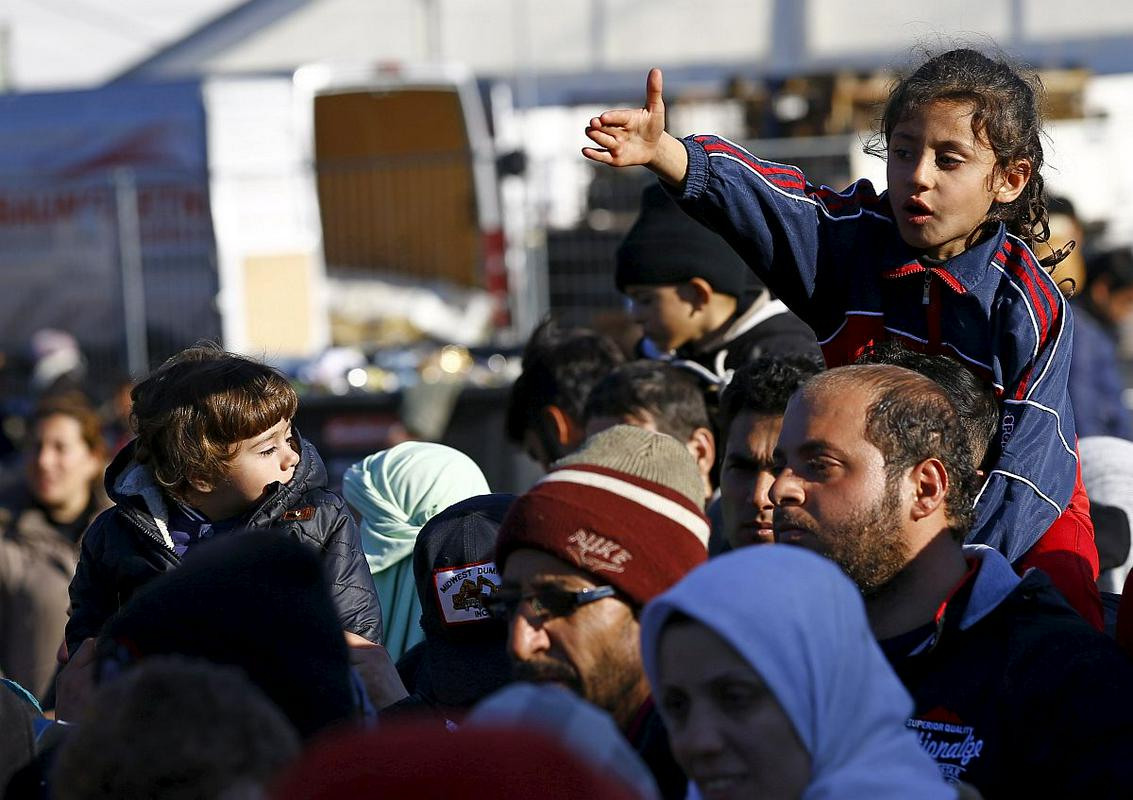
“The concordance of the police, the army and several organisations is limitless. In this way energy and power come of its own accord, even though we’re tired and at times almost needing help ourselves, too,” explained Orel. “The people are tolerant, grateful, very calm when they get a warm meal,” noted Orel, rejecting information that migrants are fussy about food. “When you give the child a warm plate into those freezing hands, your heart bursts. We need to shut out our feelings, otherwise it would be too difficult to work,” she added.
The Red Cross is also in charge of health care for migrants. Those who need it the most are children, pregnant women and young mothers. “There are a lot of small children; we also had a two-day-old child. What’re we’re lacking the most is food for children, that is purees and formulas,” pointed out Orel, adding that there’s also a lack of children clothing for the ages 7–14.
The most common medical issues are physical exhaustion, dehydration, hypothermia, blister, diarrhoea and fever. “People stare into space, which is why sometimes when you’re about to put food into their hands, you get a feeling they won’t even be able to hold it,” described the volunteer.
For now the number of volunteers is sufficient, but it anyone else is interested in helping out, they are kindly invited to contact Red Cross Maribor or Slovene Philanthropy in Ljubljana. The organisations will note down your details and contact you if need for more help arises.
A. Č., MMC; translated by K. Z.

































































